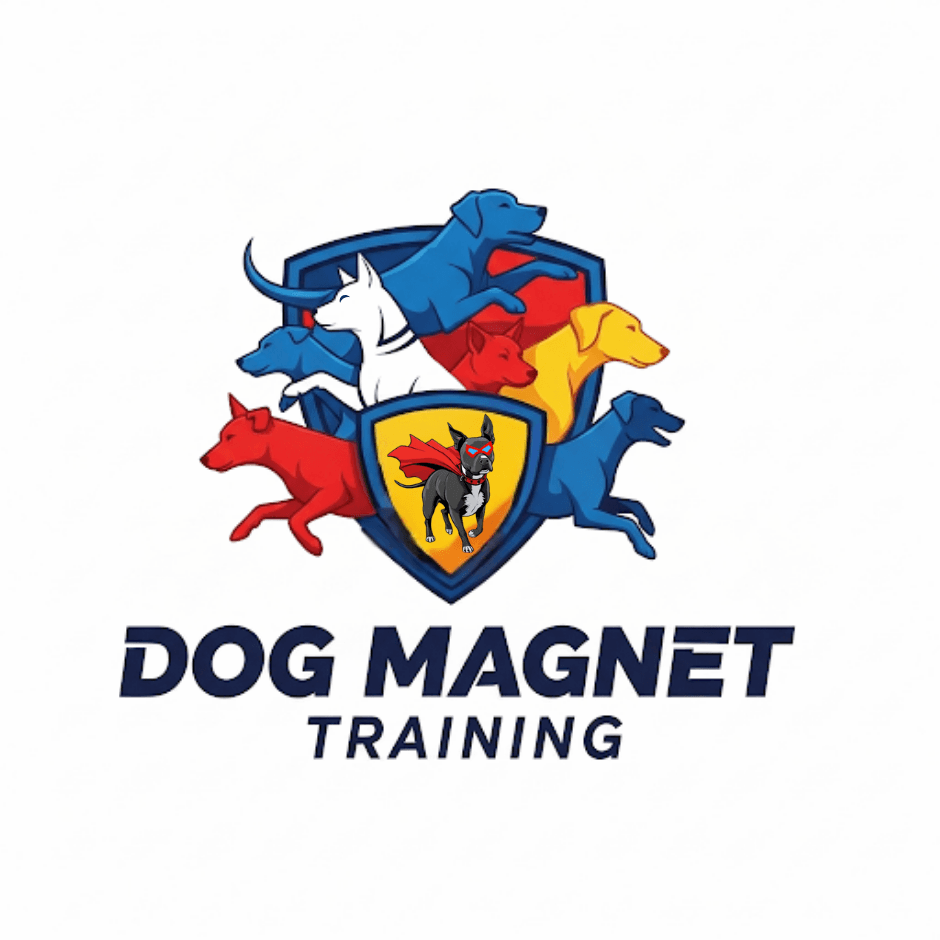The Hidden Risks of Ignoring Aggressive or Reactive Dog Behavior
Understanding Aggressive and Reactive Behavior in Dogs
Aggressive or reactive behavior in dogs is more common than many think. It can be a response to fear, frustration, or a lack of socialization. Ignoring these behaviors can lead to serious consequences for both the dog and the owner.
When dogs show aggression, they might bark, growl, or even bite. These are all signs that something is wrong. Addressing these behaviors early can prevent escalation.

to several risks. One of the most immediate dangers is the potential for injury. Dogs that bite can cause serious harm to people or other animals.
Another risk is the emotional toll on the dog. Aggressive dogs often feel stressed and anxious. This can affect their overall well-being and quality of life.
Impact on the Household
Aggressive behavior can also impact the household. Family members might feel unsafe or stressed. This can create a tense living environment.
Additionally, aggressive dogs might damage property. They could chew on furniture, scratch doors, or create other forms of destruction. This can be costly and frustrating for owners.
Legal and Financial Consequences
There are also legal and financial risks. If a dog bites someone, the owner could face lawsuits or fines. In some cases, the dog might be taken away or put down.
Medical bills for injuries caused by dog bites can be expensive. This adds another layer of financial strain for the owner.

Steps to Address or behaviorist. They can assess the situation and create a plan.
Second, ensure the dog gets enough exercise and mental stimulation. Boredom can often lead to aggressive behavior. Regular walks and playtime can help.
Training and Socialization
Training and socialization are key. Expose the dog to different environments, people, and other animals. This can help reduce fear and aggression.
Use positive reinforcement techniques. Reward good behavior with treats and praise. Avoid punishment, as it can make aggression worse.
Creating a Safe Environment
Finally, create a safe environment for the dog. Provide a comfortable space where they can retreat and feel secure. This can help reduce stress and aggression.
Ignoring aggressive or reactive behavior in dogs is risky. By taking proactive steps, you can ensure the safety and well-being of both your dog and your household.
